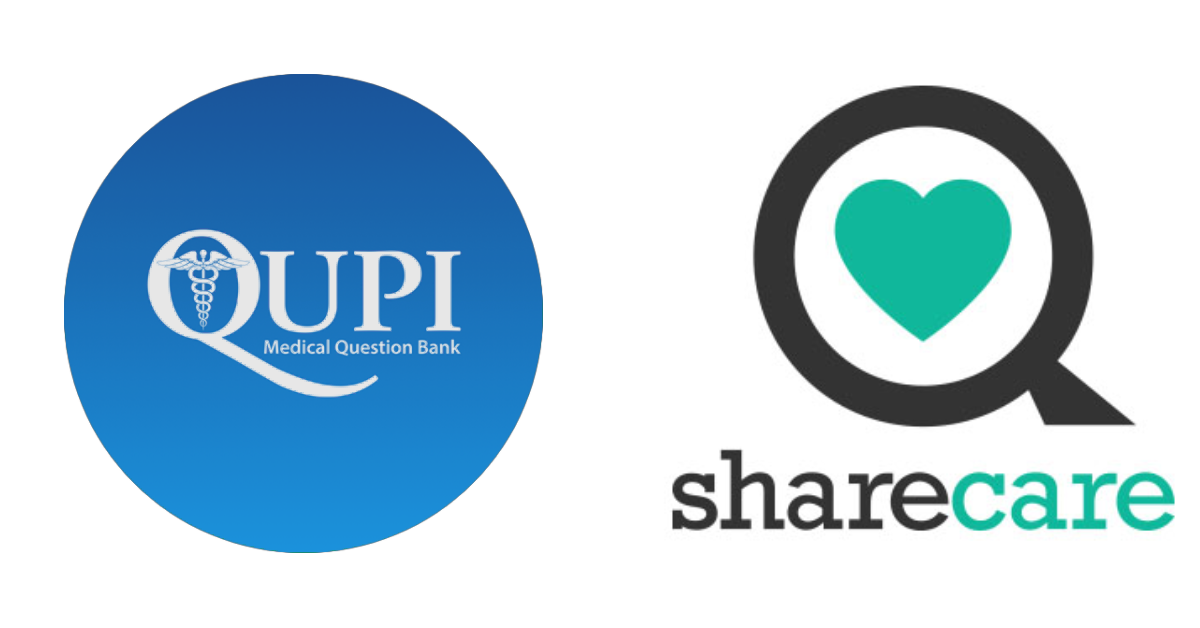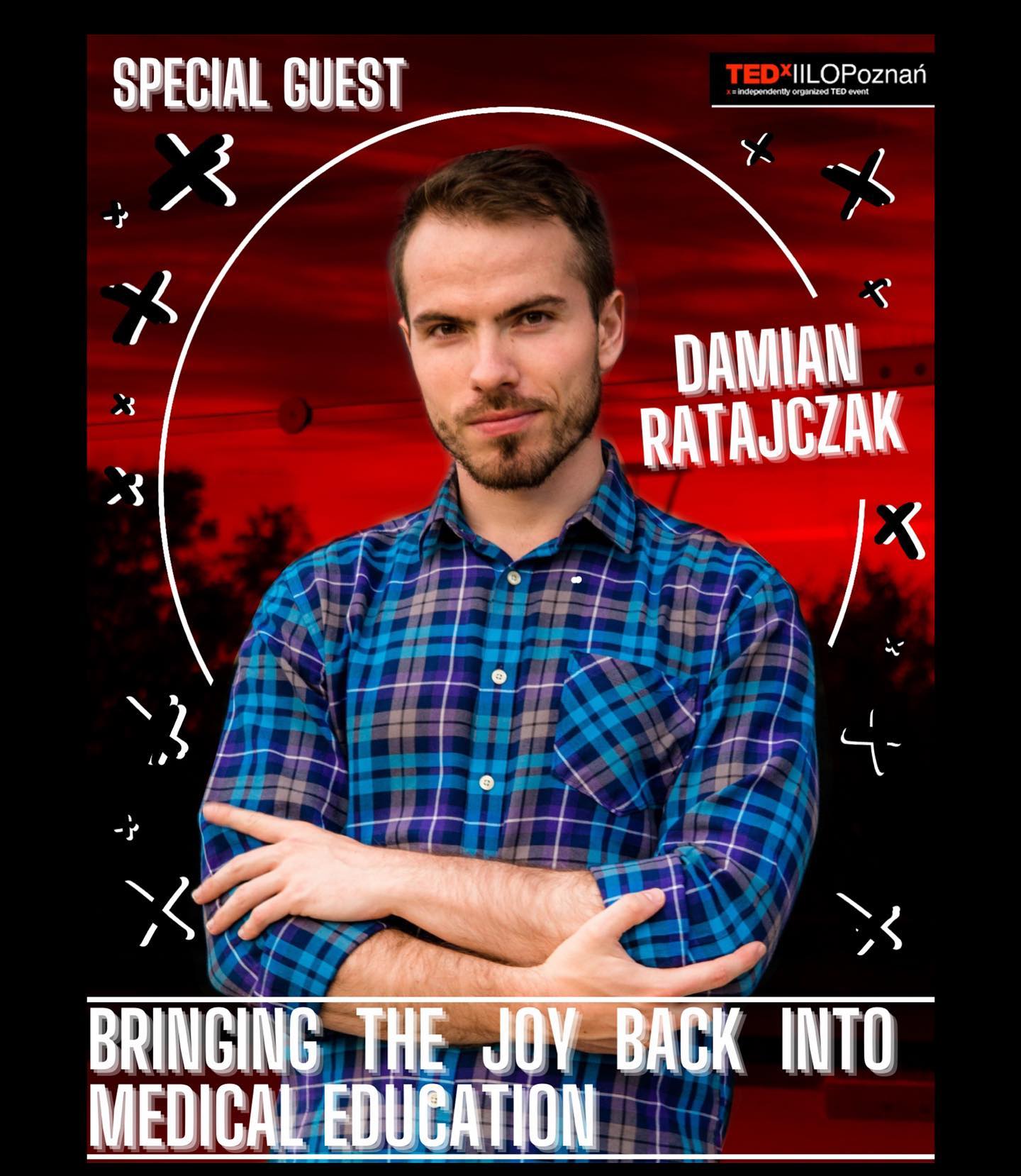Doctors don’t just care for a patient’s symptoms. They provide comfort and reassurance. Patients want smart, competent doctors, but they also want happy doctors, real people who they can feel a connection to. And yet doctors and medical students suffer from staggeringly high rates of depression.
The problem begins in medical school, where the high pressure environment seems almost designed to break even the most hardworking students. While changes need to happen on the institutional level, there are things we as individuals can do to help reverse this worrying trend.
It’s about remembering why we chose to become doctors in the first place, and putting the joy back into medical learning.
Rates of Depression Among Doctors and Medical Students Are Extreme
According to the American Foundation of Suicide Prevention as reported by VOX, doctors are between 1.4 and 2.27 more likely to commit suicide than the population as an average.
Evidence shows that the problem begins in medical school, where as many as 1 in 3 medical are students affected by depression. Patient’s want happy doctors, and as human beings we are entitled to happiness. So WHY are doctors and medical students are statistically miserable?
How We Got Here:
Medical school is tough. The amount of information that students need to learn in a very short time period is astounding. Combine that with the pressures of exams and intense competition, and you have an environment that advocates like Pamela Wible describe as resembling a military boot camp.
The fact that medical students tend to be smarter than average, actually makes the problem worse. Medical school brings together the smart kids from across the country. Suddenly, you may no longer be the best student in the room. All the best and brightest are now competing, facing pressures that they’ve never been adequately prepared for.
By the time students make it to the residency stage, the pressures just keep piling on. Many students have to move away from home to do their residency, losing the social support and comfort of being at home. Making life and death decisions about real patients adds a whole new world of stress and anxiety.
After graduation things don’t always get brighter. Students frequently enter the real world saddled with enormous amounts of debt, and already burned out before their careers have even had the chance to begin.
Elizabeth Poorman put it most bluntly in her conversation with Vox. “Fundamentally, medical schools and residency cause mental health disorders,” she said. “They cause depression.”
Doctors and Medical Students Seldom Seek Help When They Need It
The very factors that make medical school so traumatizing to begin with are the same factors that too often prevent students and doctors from seeking help.
Doctors from the USA to the UK are terrified that if they are caught reaching out for help, they will be perceived as weak. They worry that may jeopardize their chances of becoming licensed, and sabotage their future careers.
Nathaniel P. Morris, a former student at Harvard Medical School, wrote an article about his struggles with depression, and his decision to seek help. Discussing the article in the Washington Post, Morris writes:
Last spring, I wrote publicly about my own struggle with depression during medical school. The days leading up to the article’s publication were terrifying. I worried I might lose the residency slot I had matched into or forfeit the trust of future colleagues. Again and again, I checked the medical licensing requirements in California to make sure I wouldn’t lose the ability to care for patients. Yet my fears have gone unfounded and, in the days that followed, I received nothing but support from colleagues and mentors. Fortunately, others are speaking up as well.
There are two apparent lessons here. The first is that we as a community need to be more open. We need to encourage conversation about the pressures we face here, without being afraid of judgement and what others may say. The second is that we as individuals need to take confidence in the example of Nathaniel Morris and the many others who share his experience.
The consequences of seeking help are as nothing compared to the consequences of not seeking help. [Find a List of International Suicide Helpline Numbers]
The World Needs More Doctors – So Let’s Put the Joy Back into Becoming One!
The world desperately needs more doctors. An aging population globally is putting massive strain on the medical profession. As older doctors retire and too few young people enter medical school, the situation gets worse every year. The World Health Organization estimates that we’re already short 7.2 million healthcare workers, with that number expected to rise to almost 13 million within the next two decades.
And yet we’ve created a paradigm in which becoming a doctor is often a traumatizing experience. People entering the profession are already burned out! So how can we change that? One way is to start putting the joy and love of life back into medical school. To put back the love of learning medicine that made students want to become doctors in the first place.
There are many aspects of this paradigm that can only be solved at the institutional level. But in this article, we’ll look at something we can all do, both as individuals and as a community. It’s a simple matter of attitude. It’s about giving students permission to be human and rediscover the joy and excitement that learning and life can bring.
Being a doctor isn’t just about knowledge and technical skills. Patients want happy doctors because they want to feel a connection. Doctors need social skills. They need to listen. They need to have empathy and they need to have compassion. They need to see the whole patient, and leave that patient feeling reassured, uplifted and like they are in safe hands.
Students who succumb to pressure and spend all their time locked up in the library are unlikely to become good doctors. They may acquire a lot of knowledge, but they miss this fantastic opportunity to develop the human, social skills which are just as important in the real world.
Of course the knowledge element is essential. But studying is not everything. Good doctors need to develop into complete, rounded individuals. And yes, this means having friends. It means going out occasionally on the weekends. It means playing a sport and pursuing a hobby. And it means not feeling guilty every time they dare lift their weary eyes from the textbooks, and decide to do something fun.
Technology Can Make it Easier to Acquire Knowledge with Less Stress
In addition to my medical lectures on YouTube, I work as a spokesperson for QUPI, a medical learning startup.
What QUPI have done is compiled basically everything students need to know to pass medical school into a bunch of exam style practice questions. One of the reason I chose to represent QUPI was they share this attitude of fun, of bringing the joy back into medical learning. check them out at QUPI.com
If practicing medical knowledge can be made fun, if we can relieve some of the pressure and replace it with joy then the world won’t only have more doctors, it will also have better doctors. Patients want happy doctors. As members of the medical community, we owe it not only to them, but also to ourselves, to stay positive, and to keep innovating.













